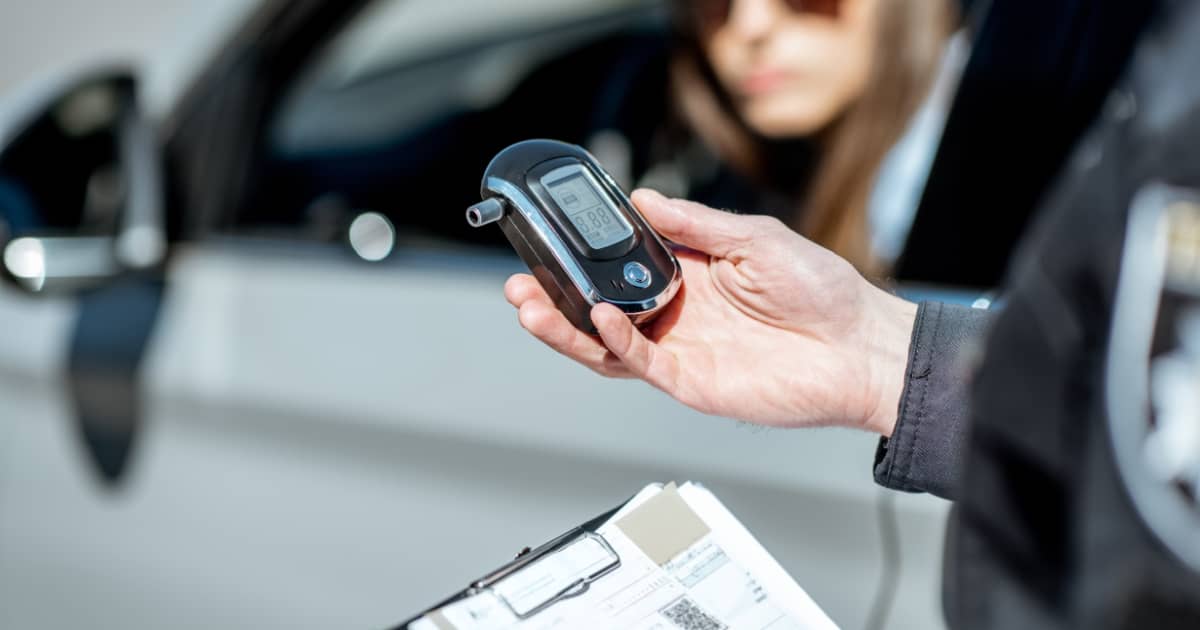In recent years, courts have been at the forefront of a dynamic development in constitutional privacy issues and warrant requirements encountered during DUI stops. In her California Lawyer article “DUI Blood Draw: Is a Warrant Required?” attorney Yesenia Acosta discusses the evolution of the Fourth Amendment and the effect it has on the power of law enforcement officers to demand sobriety tests during traffic stops.
The article dissects recent precedent-setting court decisions, including a 2016 Supreme Court ruling that revised what police officers may demand without a warrant. Historically, police have been able to use “exigent circumstance” to demand blood-drawing sobriety tests from subjects, since diminishing blood-alcohol levels constituted disappearing evidence. However, the ruling revised this, further changing the Fourth Amendment by noting that a warrantless blood test constitutes personal invasion. Paired with various state laws on implied consent, the legality of DUI stops is more opaque than ever.
Read the full article.











